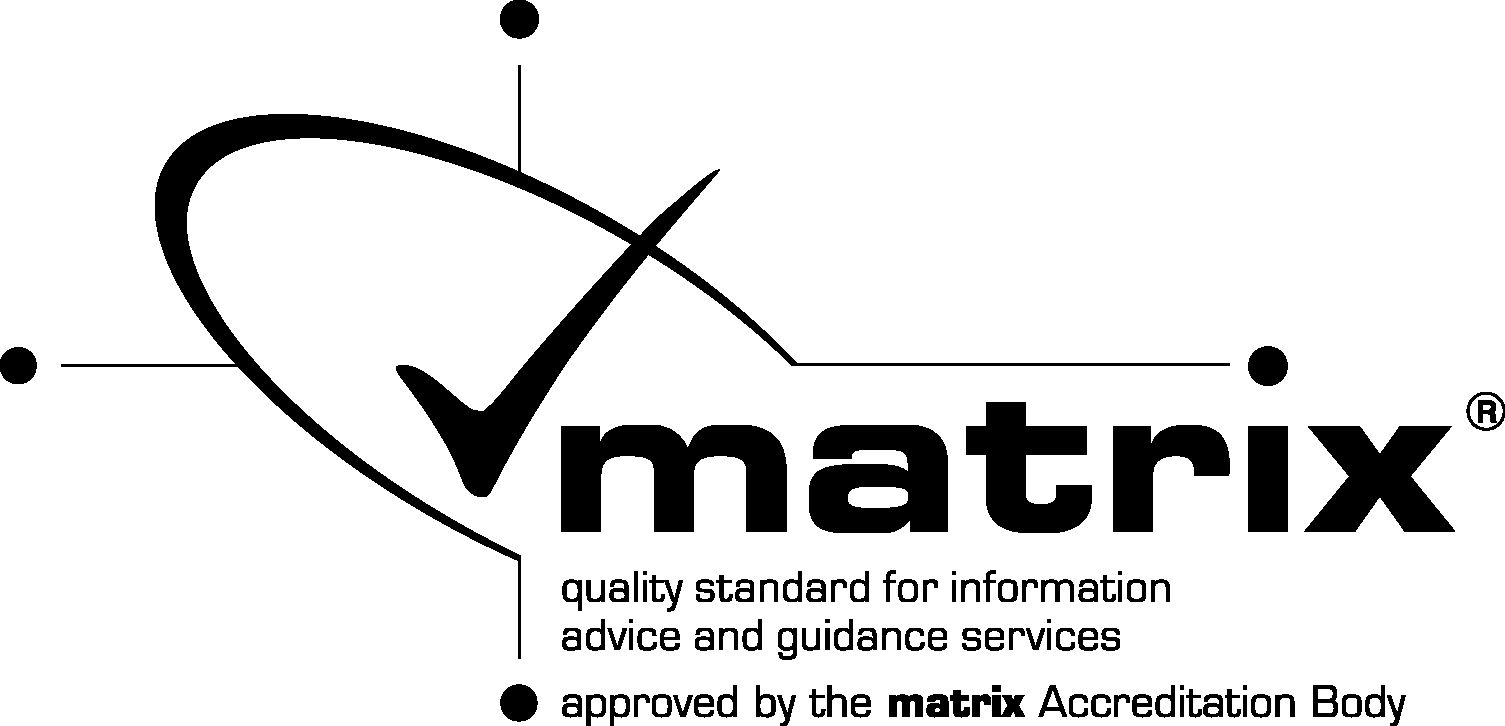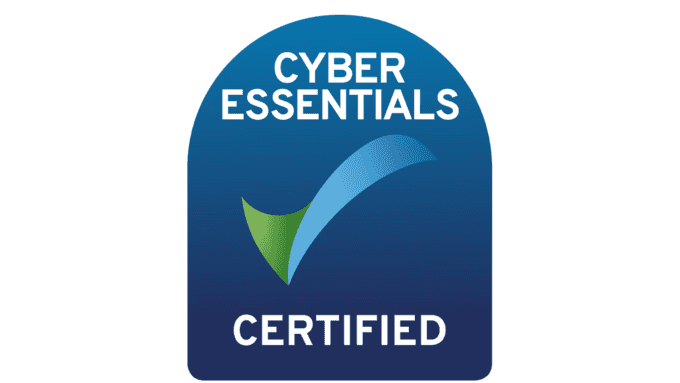Blog Article
Navigating the Digital Operational Resilience Act: What You Need to Know for 2025
As the financial services sector continues to evolve in an increasingly digital landscape, the need for robust cybersecurity measures has never been more critical. Introducing the Digital Operational Resilience Act (DORA), a comprehensive regulation set to come into effect on January 17, 2025. Designed to bolster the cybersecurity of financial institutions and their IT service providers, DORA aims to ensure that the European financial ecosystem can withstand severe cyberattacks and IT outages.
Here is what you need to know about this pivotal regulation and how your organisation can prepare for its implementation.
Understanding DORA: Objectives and Scope
DORA is a landmark initiative introduced by the European Union to enhance the operational resilience of financial institutions, including banks, insurers, investment firms, and their third-party ICT service providers. Its primary objectives include:
- Strengthening Cybersecurity: Establishing a framework to mitigate risks related to information and communication technology (ICT) and third-party vendors.
- Ensuring Continuous Operations: Enabling financial institutions to maintain functionality during disruptions caused by cyber incidents.
- Promoting Transparency: Mandating that firms report cyber incidents and share threat intelligence to foster a more secure financial environment.
This regulation will affect not only EU-based firms but also UK and international businesses that operate or provide both financial and ICT services to European clients. As such, it is essential for all relevant organisations to understand the implications of DORA.
Key Requirements of DORA
As DORA approaches its implementation date, financial institutions must familiarise themselves with its core requirements, which include:
- Risk Management: Businesses must establish comprehensive ICT risk management frameworks that identify, assess, and mitigate potential risks.
- Operational Resilience Testing: Financial institutions are required to conduct regular testing of their digital operational resilience, including penetration testing and scenario-based assessments, to evaluate their ability to withstand cyber threats.
- Cyber Incident Reporting: DORA mandates a standardised process for reporting cyber incidents to relevant authorities within specified timeframes. This ensures prompt communication and a coordinated response to potential threats.
- Third-Party Risk Management: Firms must implement robust processes to assess and manage risks associated with third-party service providers, ensuring that these vendors also adhere to DORA’s requirements.
- Threat Intelligence Sharing: DORA encourages the sharing of threat intelligence among financial institutions to enhance collective cybersecurity measures.
Preparing for DORA Compliance
With the deadline for DORA compliance looming, it is crucial for organisations to take proactive steps to align with the new regulations. Here are several strategies to consider:
1.Conduct a Compliance Assessment: Start by evaluating your current operations against DORA’s requirements. Identify gaps and areas for improvement to ensure your organisation is ready for the upcoming regulations.
2. Develop an ICT Risk Management Framework: Establish a robust ICT risk management framework that includes policies, procedures, and tools to manage all areas of risk effectively. This framework should align with your business strategy and objectives. Integrating ISO 27001—the international standard for information security management systems—can provide a solid foundation for your risk management efforts. ISO 27001 helps organisations systematically manage sensitive information, ensuring its confidentiality, integrity, and availability.
3.Implement Regular Testing and Training: Conduct regular resilience testing, including vulnerability scans and penetration tests, to assess your systems' robustness. Additionally, provide training for employees on incident response and cybersecurity best practices. Incorporating ISO 27001 training for staff can enhance awareness of information security risks and foster a security-first culture within your organisation.
4.Enhance Third-Party Due Diligence: Perform thorough due diligence on all third-party service providers to identify and manage potential risks. Ensure that contracts include provisions for compliance with DORA and establish clear rights for access and data protection. ISO 27001 emphasises the importance of third-party risk management, ensuring that vendors align with your security standards and practices.
5.Foster a Culture of Cybersecurity: Promote a culture of cybersecurity within your organisation by encouraging open communication and regular discussions about security practices. Empower employees to take an active role in protecting the organisation from cyber threats. Achieving ISO 27001 certification can signal your commitment to security, motivating staff to engage with cybersecurity initiatives.
The Impact on UK Businesses
While the UK has left the European Union, DORA will still affect many British businesses. UK-based firms offering financial or ICT services to EU clients must comply with the new regulations. Non-compliance can result in significant financial penalties and reputational damage, underscoring the importance of proactive preparation.
By adhering to DORA, UK businesses can demonstrate their commitment to robust cybersecurity and operational resilience, enhancing their reputation and competitiveness in the European market.
Conclusion
As the January 2025 deadline for the Digital Operational Resilience Act (DORA) approaches, it’s crucial to begin preparations now. At Clear Quality we are committed to supporting your organisation, a key step in ensuring compliance with DORA is adopting ISO 27001 standards. Our ISO 27001 Short Course and certification is designed to help businesses gain a comprehensive understanding of information security management. These programmes provide essential knowledge to mitigate risks, safeguard sensitive data, and ensure your organisation stays compliant. By investing in these courses, you'll not only meet DORA requirements but also position your business for success in an increasingly complex digital environment.


 LEAN MANUFACTURING OPERATIVE LEVEL 2
LEAN MANUFACTURING OPERATIVE LEVEL 2
 Skills Bootcamp In Quality Management
Skills Bootcamp In Quality Management








